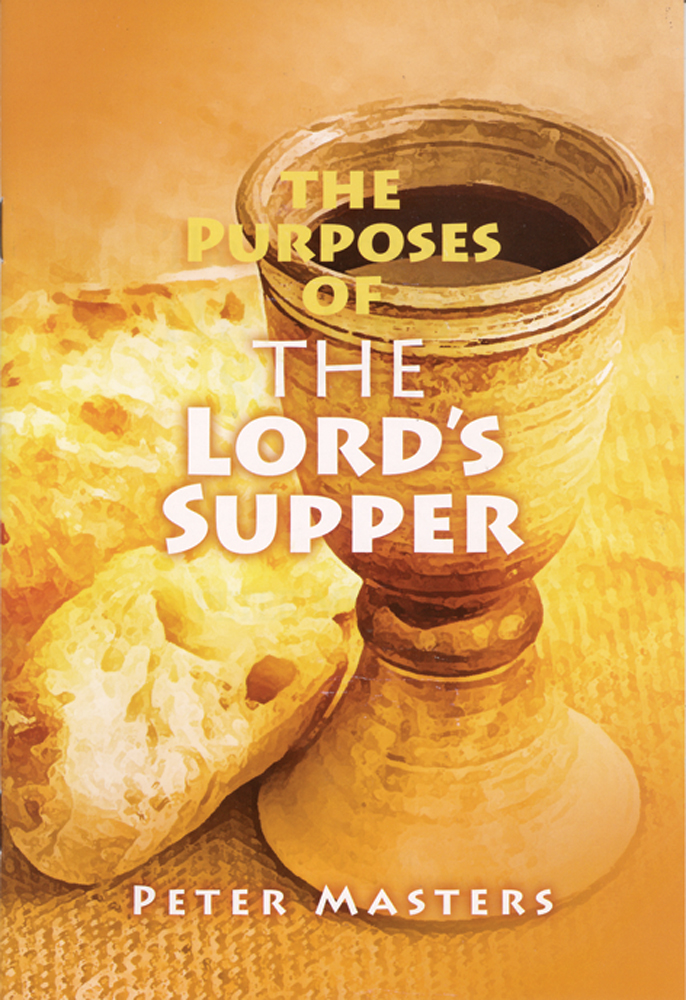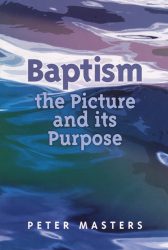
The Saviour calls His people to observe His Supper regularly. But do we have a clear awareness of all that the Lord’s Supper means? Here are nine purposes behind the Lord’s Supper, providing a rich basis for thought and prayer at the Table of the Lord.
Extract
‘For I have received of the Lord that which also I delivered unto you, That the Lord Jesus the same night in which he was betrayed took bread: and when he had given thanks, he brake it, and said, Take, eat: this is my body, which is broken for you: this do in remembrance of me’ (1 Corinthians 11.23-24).
These beautiful and familiar words, read so often at the Lord’s Table, prepare us for a service designed by the Lord himself. The full passage (extending to the end of 1 Corinthians 11) teaches the purposes of the Lord’s Supper, and shows how spiritual benefit and blessing are to be derived from it.
Any study of the Lord’s Supper must begin with the reminder that this ceremony is an ordinance, meaning that it was ordained by the Lord himself during his ministry on earth. The Saviour commanded his disciples – ‘This do in remembrance of me,’ and later repeated these words by direct revelation to Paul. There are only two symbolic ceremonies commanded by Christ for the New Testament age, these being baptism and the Lord’s Supper. It is much better to call these ordinances than sacraments, as the latter is a pre-Reformation word which, strictly understood, means that blessing is channelled to people through the priestly use of symbols, so that the rituals themselves are powerful and graceimparting.
Bible-Christians obviously deny that power or grace flows through a priest’s cuffs, or through baptismal water or communion bread. The ordinances of baptism and the Lord’s Supper are purely symbolic ceremonies, designed to remind God’s people of great and foundational truths. The blessing does not come from the physical elements, but from personal appreciation of what these things represent. It is only as believers reflect on their meaning, praising God and pledging themselves to him, that their souls are strengthened, and he is glorified. Appreciation of the meaning is all-important. Without faith, the ordinances mean nothing and have no possible value.
In verse 26 of the passage in view, Paul makes this statement: ‘For as often as ye eat this bread, and drink this cup, ye do shew the Lord’s death till he come.’ The Greek word translated shew means to proclaim or speak of something. The Lord’s Table, therefore, is a message or sermon in symbols. It is a sermon prepared by the Lord, to which all his people are commanded to ‘listen’ on a regular basis.
It must be emphasised that the Lord’s Supper shows something. It is not an efficacious activity but a teaching activity. The benefit is reaped in the hearts of those who receive a graphic reminder of great spiritual realities. Those who are moved by its message will repent of their sin, express their love to the Lord, and rededicate themselves to him. They will also rekindle their love to their fellow-believers.
We hardly need to add that the Lord’s Supper is not a ‘saving’ ordinance. It is for those who are already believers. The Lord said, ‘This do in remembrance of me.’ If we have never known the Lord, how can we remember him? The Supper is strictly for those who discern the meaning (1 Corinthians 11.29). The Lord’s Supper does not save; it reminds, and its rich benefits come through the stirring up of mind and memory to appreciate once again what the Lord has done for us.














